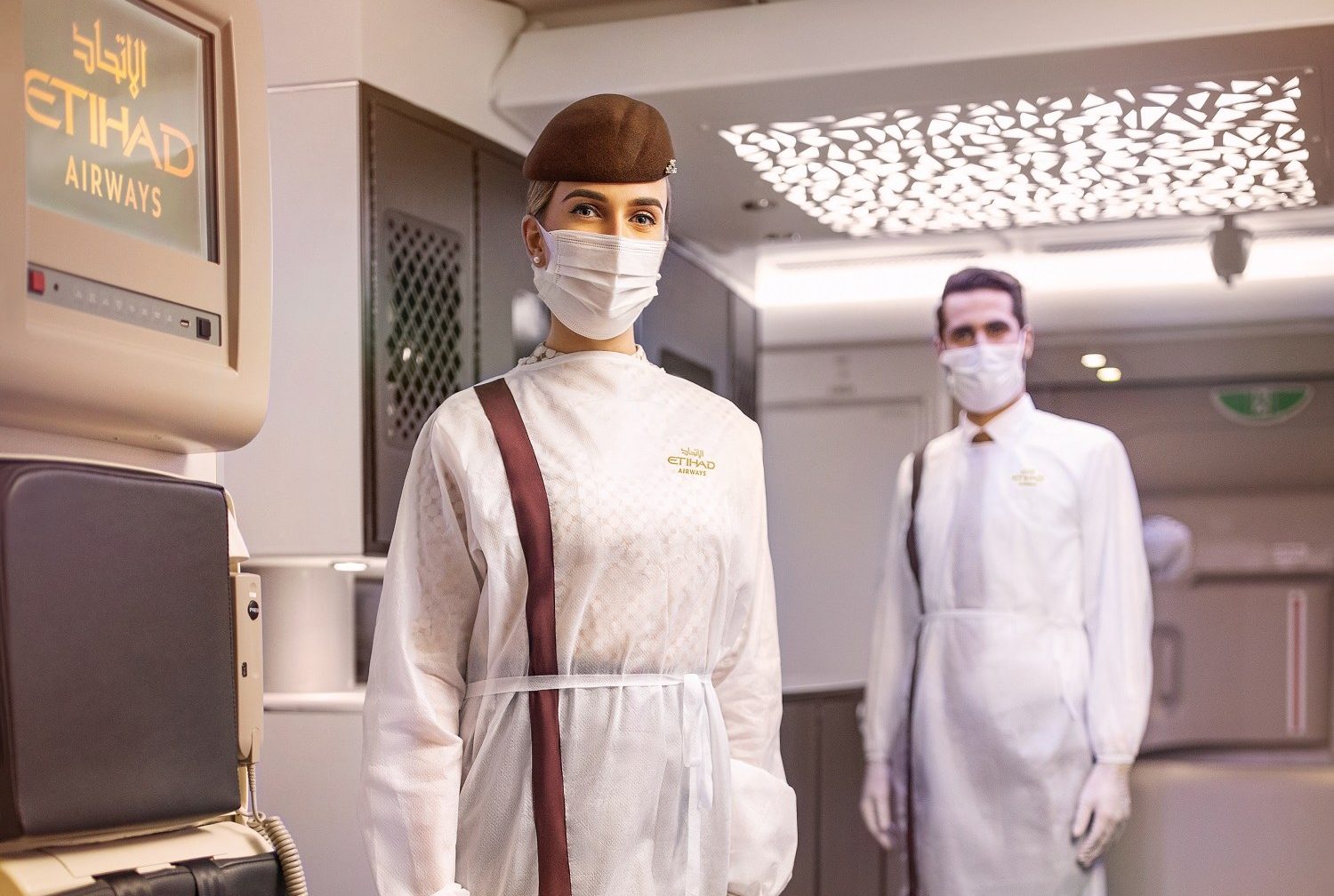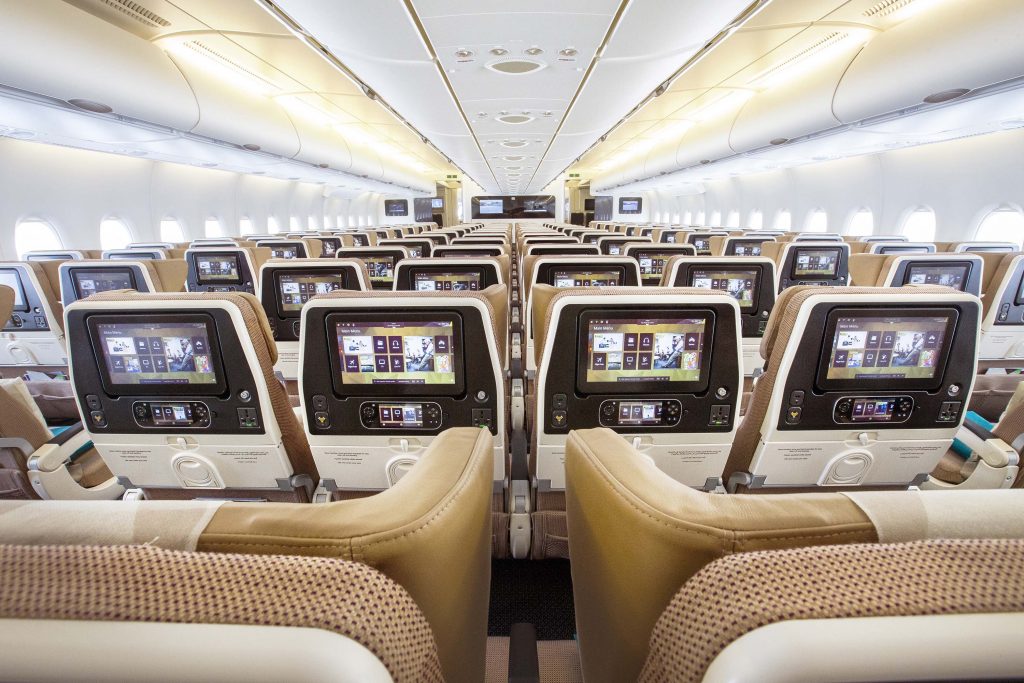
Tony Douglas, chief executive of the Etihad Airways Group has called for the urgent adoption of internationally recognised COVID-19 testing standards that will allow passengers to travel unrestricted and avoid being put into quarantine. A recent survey revealed 83 per cent of travellers would not even consider travelling if quarantine measures were in force and many countries still have tough border restrictions that severely limit freedom of movement.
“There has to be something now that regulates the way in which your wellness can be assured,” Douglas told the Financial Times. Pointing to new rapid testing technology that was “advancing quickly”, Douglas raised the possibility of countries adopting universal standards to open up international travel.

“If you get over the fact that the threat is not going to go away you then have to actively decide to mitigate the risk,” he continued. Etihad Airways currently requires passengers to present a negative COVID-19 test certificate which was taken within 96 hours of travel before they are even allowed onboard a plane.
While passengers are allowed to transfer through Etihad’s hub at Abu Dhabi International Airport if they are travelling onto another destination, only UAE citizens and resident visa holders are currently allowed to enter the emirate. In contrast, Dubai allows tourists to enter if they present a negative COVID-19 test certificate.
At least 30 countries have now adopted some form of COVID-19 testing regimen for international air travel. While the UAE requires passengers to pay for a private test prior to travel, other countries such as Germany have implemented free testing on arrival for anyone entering from a ‘high risk’ location.
Some countries require passengers to take just one test to bypass quarantine requirements, while others have implemented two-test systems that reduce quarantine down from 14-day to around a week. The rules, though, are frequently changing and its become almost impossible for passengers to keep up with ever-changing entry, testing and quarantine rules.
The World Health Organization (WHO) says COVID-19 testing should be “treated with caution” and has completely dismissed the idea of ‘immunity passports’. The WHO supports quarantine on arrival in some situations but Douglas described the idea of air corridors between countries with low-levels of Coronavirus cases as a “marketing exercise”.
Much of the work to reopen international air travel has focused on securing the safety of passengers during their journeys, such as the mandatory wearing of face masks, social distancing and aircraft disinfection. The UN’s civil aviation organisation has not yet suggested universal standards for COVID-19 testing which would release passengers from quarantine requirements.
As part of continued efforts to restore passenger confidence in the safety of international travel, Etihad said on Monday that it would provide passengers with free COVID-19 travel insurance through to the end of 2020. Similar insurance coverage is already offered by Emirates, flydubai and Virgin Atlantic.
Despite plans by many airlines to resume flights to more destinations, passenger traffic remains far below pre-COVID levels. Industry analysts don’t expect travel demand to return to levels seen in 2019 for another two to three years at the earliest.
Related
Mateusz Maszczynski honed his skills as an international flight attendant at the most prominent airline in the Middle East and has been flying ever since... most recently for a well known European airline. Matt is passionate about the aviation industry and has become an expert in passenger experience and human-centric stories. Always keeping an ear close to the ground, Matt's industry insights, analysis and news coverage is frequently relied upon by some of the biggest names in journalism.







